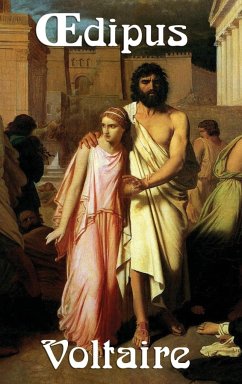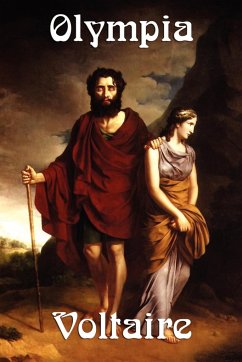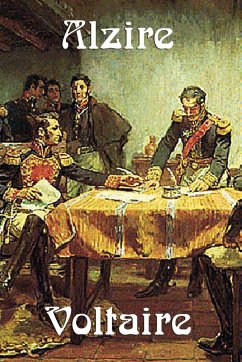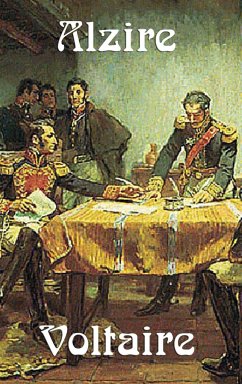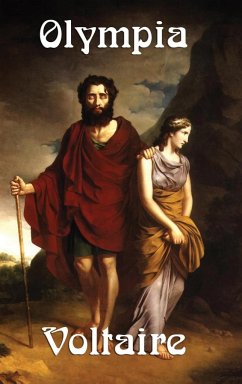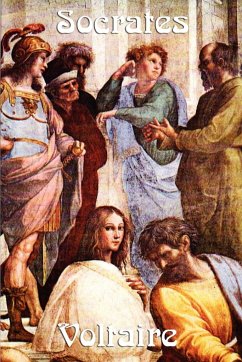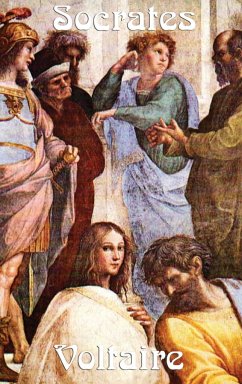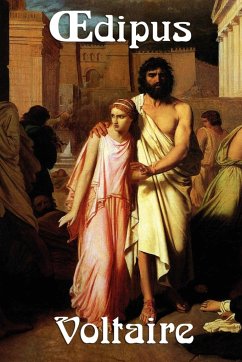
Dipus
Versandkostenfrei!
Versandfertig in 1-2 Wochen
12,99 €
inkl. MwSt.
Weitere Ausgaben:

PAYBACK Punkte
6 °P sammeln!
¿dipus was written when Voltaire was but nineteen years of age. It was played for the first time in 1718, and ran for forty-five nights. Du Frêsne, a celebrated actor, and of the same age as the author, played the part of ¿dipus; and Madame Desmarêts, a famous actress, did Jocaste, and soon after quitted the stage. In this edition, the part of Philoctetes is restored, and stands exactly as it was in the first representation. Wilder Publications is a green publisher. All of our books are printed to order. This reduces waste and helps us keep prices low while greatly reducing our impact on t...
¿dipus was written when Voltaire was but nineteen years of age. It was played for the first time in 1718, and ran for forty-five nights. Du Frêsne, a celebrated actor, and of the same age as the author, played the part of ¿dipus; and Madame Desmarêts, a famous actress, did Jocaste, and soon after quitted the stage. In this edition, the part of Philoctetes is restored, and stands exactly as it was in the first representation. Wilder Publications is a green publisher. All of our books are printed to order. This reduces waste and helps us keep prices low while greatly reducing our impact on the environment.



